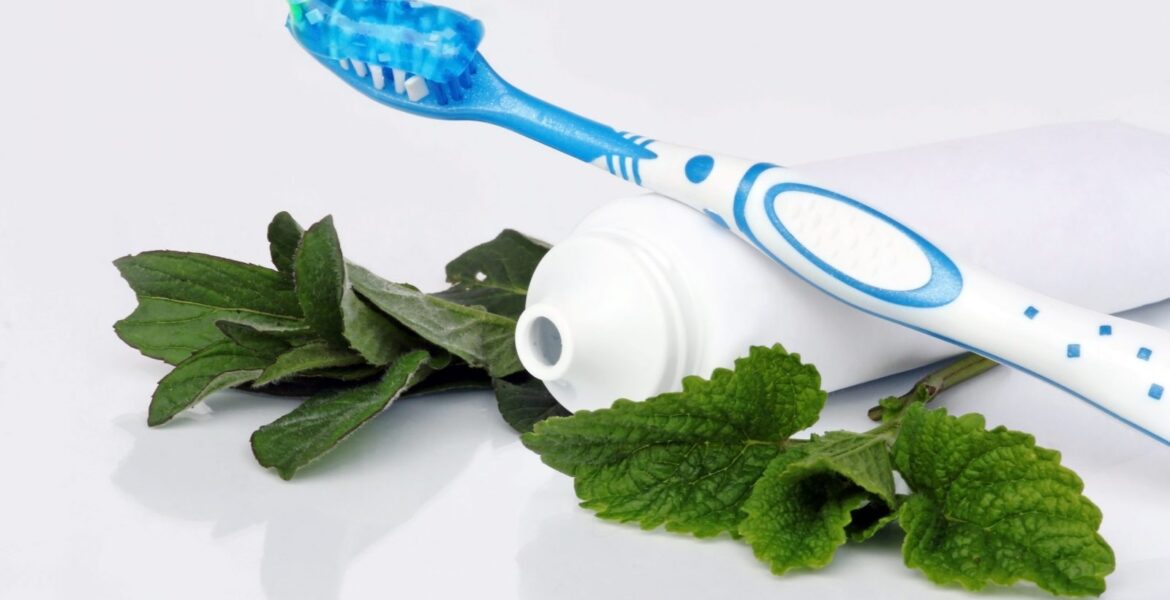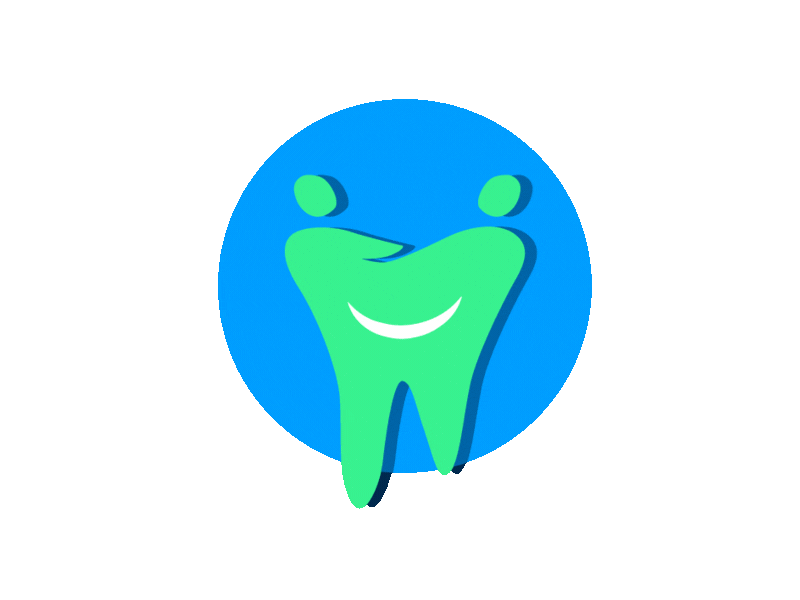
Fresh Breath
Why Choose Dovers Dental Clinic for Fresh Breath Treatment in Lekki?
Achieving fresh breath starts with addressing its causes. At Dovers, we offer fresh breath treatment in Lekki that targets bacteria, gum issues, and poor hygiene, delivering lasting relief and confidence for Lagos patients.
What Causes Bad Breath?
Bad breath, or halitosis, often stems from oral bacteria or underlying conditions. In Lagos, diets rich in spices and irregular dental care amplify the issue. At Dovers Dental Clinic in Lekki, our fresh breath treatments address these triggers, restoring your oral freshness effectively.
What is fresh breath treatment? It’s a comprehensive approach to eliminate halitosis through professional cleanings, gum care, and personalized hygiene plans. At Dovers, we tailor this care for Lagos patients, ensuring your breath stays fresh and your smile shines.
The Fresh Breath Treatment Process at Our Lekki Clinic
Our process begins with a detailed checkup, followed by a deep cleaning to remove odor-causing buildup. We address gum health if needed, then provide tailored advice—brushing, flossing, and hydration tips. At Dovers in Lekki, this approach ensures Lagos patients enjoy fresh breath fast.
Benefits of Fresh Breath Treatment at Dovers Dental Clinic
Fresh breath treatment isn’t just about masking odors—it’s about solving the problem. Studies show 80% of halitosis cases stem from oral issues we can fix. At Dovers in Lekki, our care ensures Lagos patients breathe easy and smile confidently.
Signs You Might Need Fresh Breath Treatment
These symptoms point to underlying issues causing halitosis. At Dovers Dental Clinic in Lekki, our fresh breath treatments resolve these problems, giving Lagos patients a clean, odor-free mouth with expert care.
Why Fresh Breath Treatment Matters
Chronic halitosis affects 1 in 4 people and often ties to treatable oral conditions. At Dovers, our fresh breath treatment in Lagos not only restores your breath but also protects your overall dental health, ensuring long-term freshness.
Book Your Fresh Breath Treatment Appointment Today
Ready to ditch bad breath? Schedule your treatment now and discover why Dovers is the top choice for fresh breath care in Lekki and Lagos.
Questions about fresh breath treatment? Reach out to our friendly team at Dovers Dental Clinic for personalized advice and support.


